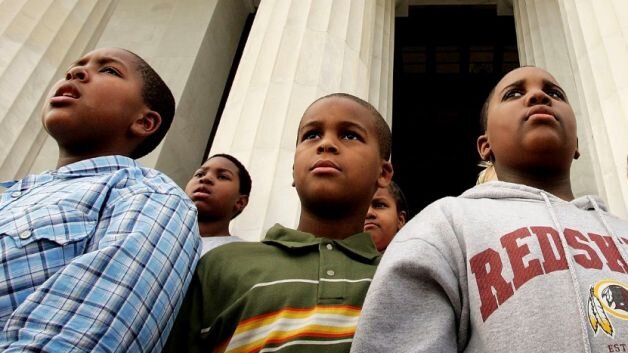According to two recent studies by social sciences researchers at Case Western Reserve University, black teens in urban contexts who were more interested in religious activities were less likely to engage in alcohol and substance use and other delinquent conduct.
The most recent research, published in the Journal of Religion and Health, established a link between religiosity and favorable behavioral outcomes. Staying linked with strong social support networks, in other words, serves as a protective factor for the youths investigated.
Voisin gathered data from 623 Chicago youth for both research. In comparison to the other two religious classification groups, participants in the extremely religious group reported fewer thefts, assaults, and physical fights, as well as less alcohol and cannabis usage.
According to the findings, religious surroundings can provide positive opposing benefits that attenuate negative peer influences that may result in harmful juvenile behaviors.


